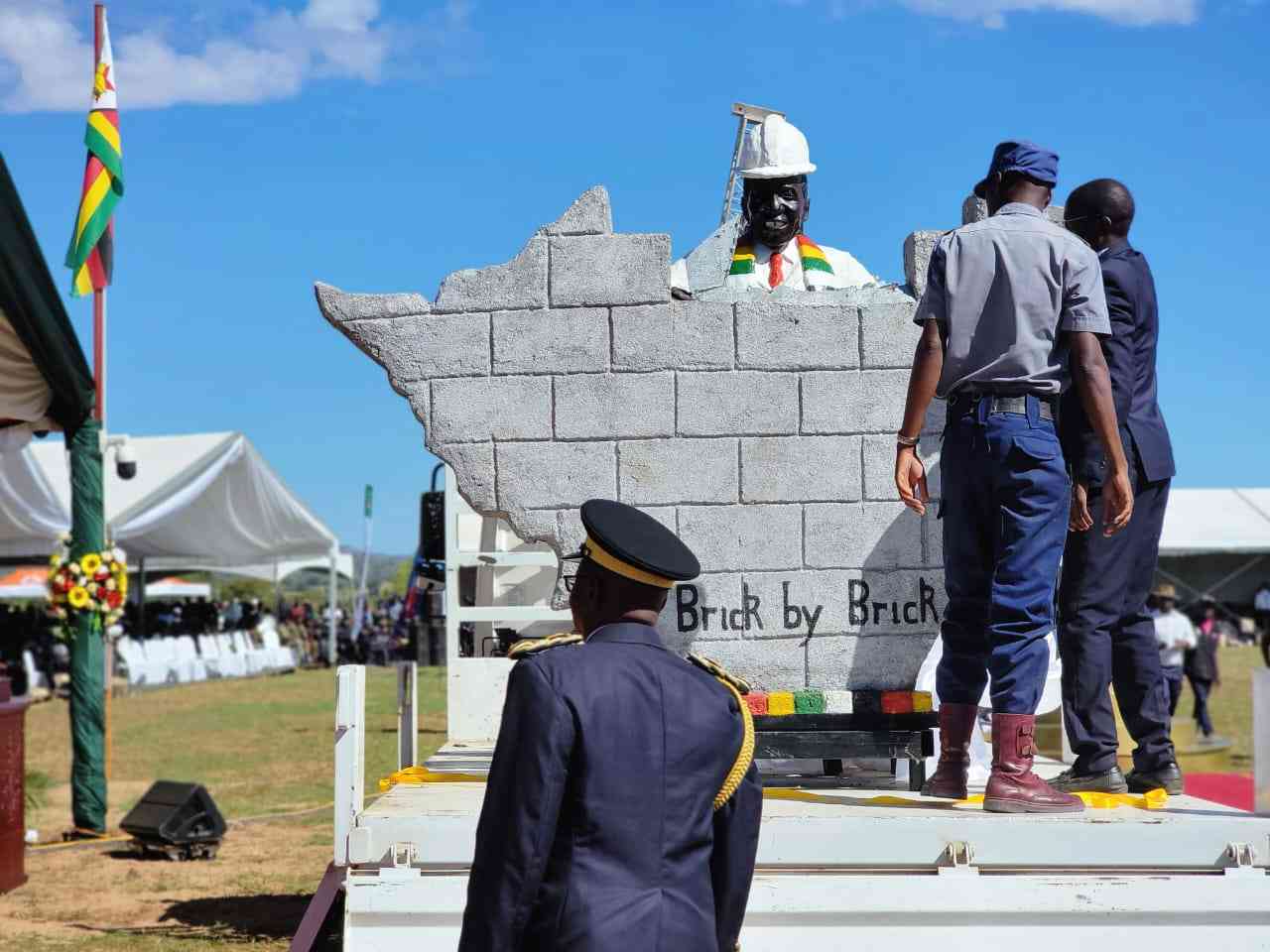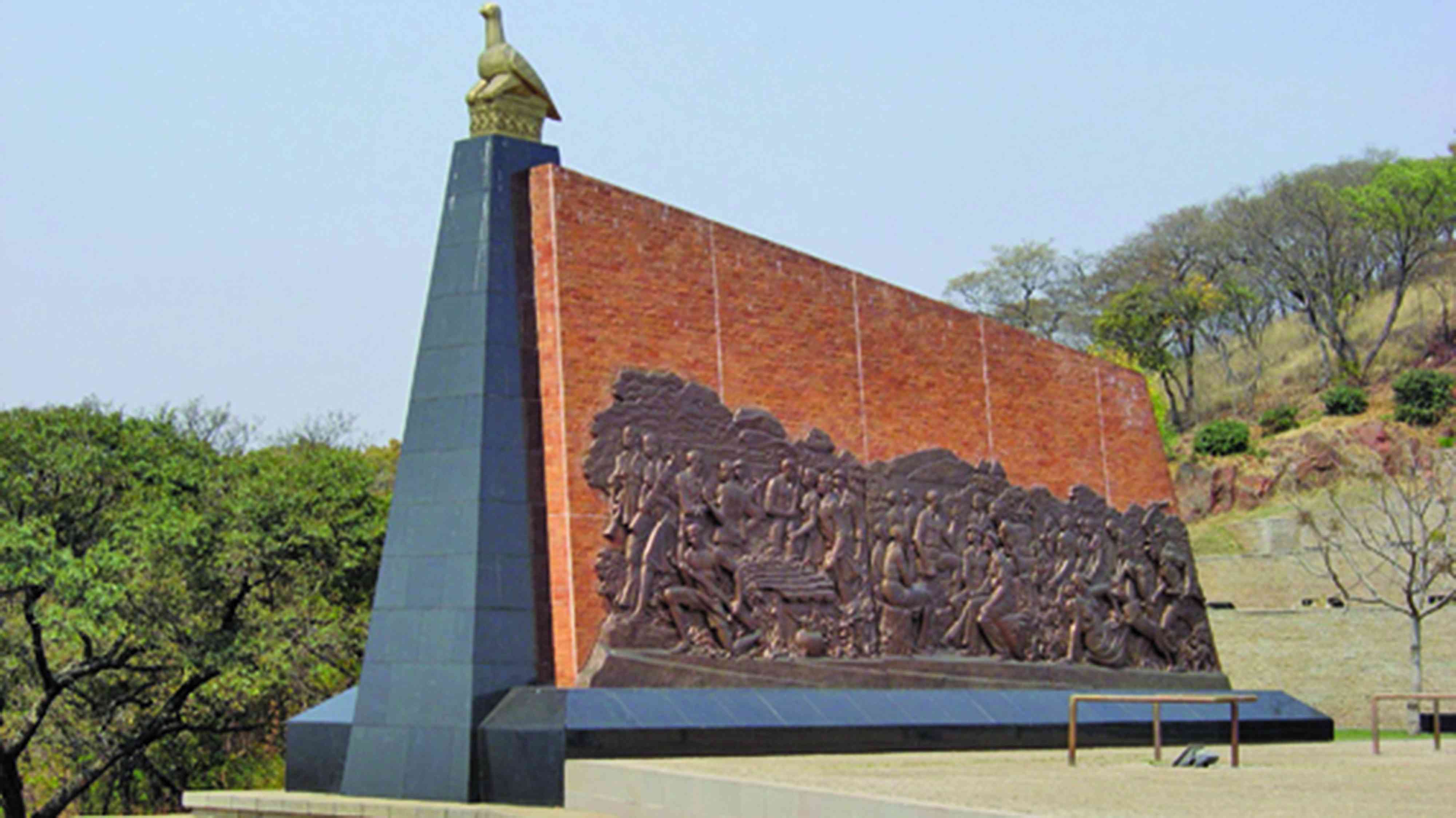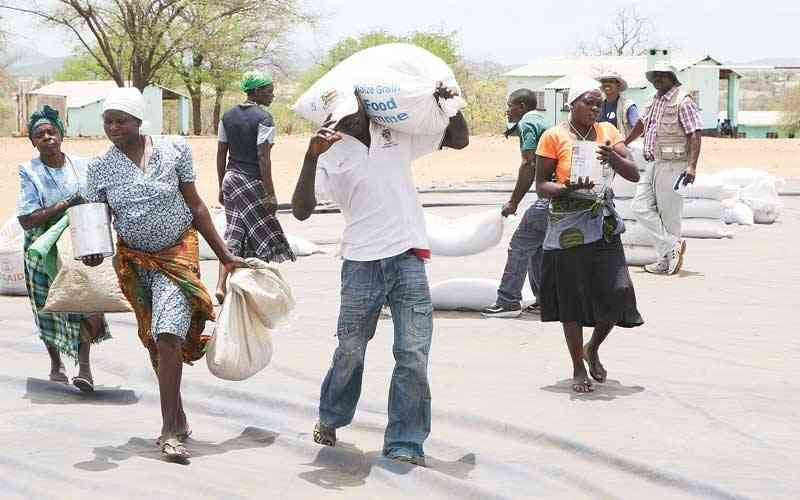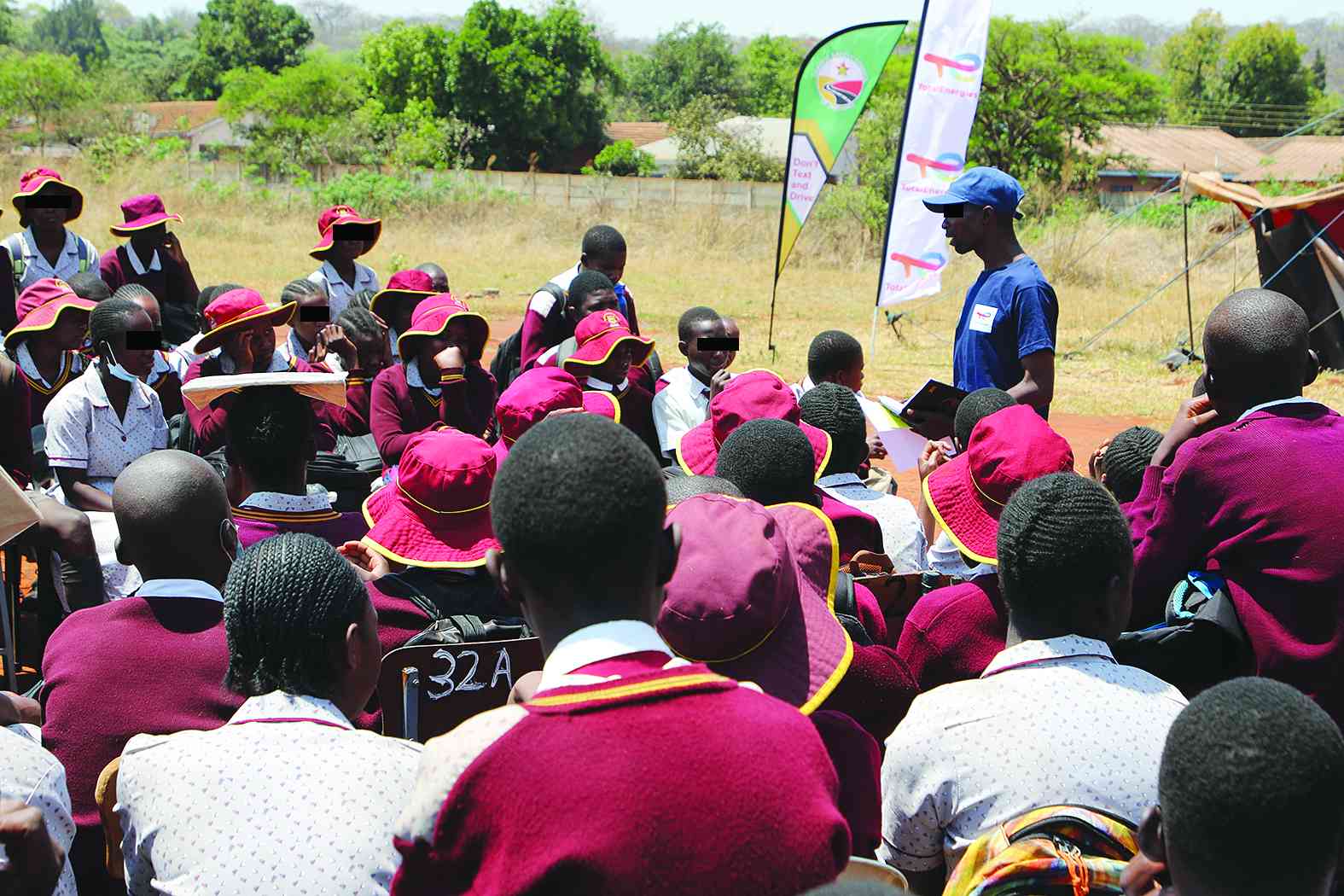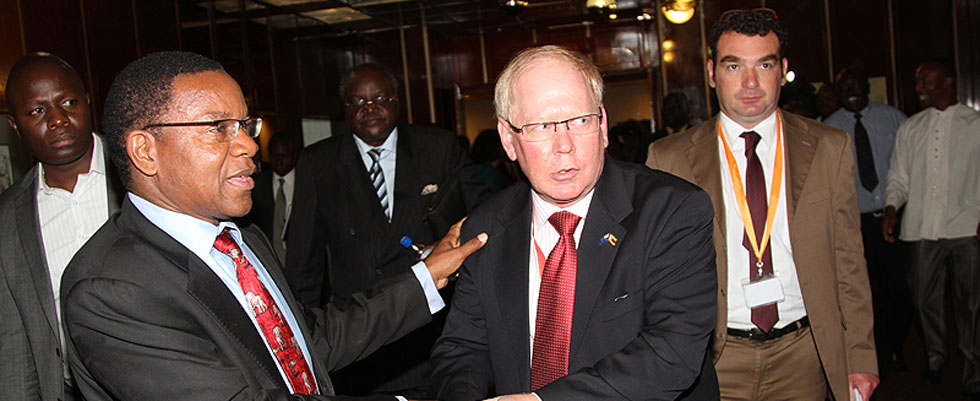
THE Southern African Development Community (Sadc) endorsed the July 31 harmonised elections as expected, effectively branding itself with a “bad boy” tag, after it refused to condemn the manner in which Zanu PF’s President Robert Mugabe was re-elected for his seventh term in office. Report by NewsDay Editorial
The bloc decided to keep mum on the fairness of the elections and even rubbed salt in the wound by urging former Prime Minister Morgan Tsvangirai’s MDC-T and other opposition parties to bend to Zanu PF’s whims lest they risk decimation.
According to Sadc, because there was no violence, the election was free and fair. Granted, there was no violence, but was the election credible? We still wonder why Sadc was silent on the “chaotic voter registration”, shambolic voters’ roll, fake voter slips, bussing of voters and the high number of assisted voters. Why did they not entertain a plethora of irregularities cited by the disgruntled political parties? We are appalled that the Tanzanian Foreign minister Bernard Membe chose to ignore all these irregularities. What is even more disturbing is that in the disputed 2008 harmonised elections, Sadc again cited some irregularities in that election which they said should be dealt with at the next election. Yet, these were perfected to suit Zanu PF chicanery. We thought all along that the regional bloc would demand that this election meet certain benchmarks as set out in the Grand Baie principles.
We also thought that they would question the fairness of the election, including stating that the voters’ roll was distributed by the Zimbabwe Electoral Commission too late for it to be verified. Membe, who headed the Sadc election observer mission said: “If the voters’ roll isn’t made available on time, the fairness of the election is brought into question. Overall, however, the polls were free, peaceful and generally credible.” The key word here is “credible”. It is not about Tsvangirai or Mugabe, but Zimbabweans and this makes Membe’s utterances an interesting interpretation. We wonder whether Sadc finally succumbed to Mugabe’s threats to pull out of the regional bloc or does it simply reflect Sadc’s incapacity to confront Zanu PF hegemony? Does Sadc have the political will to deal with the country’s political crisis once and for all? No doubt what Zimbabwe needs is economic and political stability.
Zimbabwe needs the international community to resolve its economic challenges. Zanu PF can’t go it alone. It needs not just foreign direct investment, but tourism and goodwill. It manifestly doesn’t have those things. Zimbabwe belongs to everyone and so Sadc should have impartially dealt with the matter to the satisfaction of all parties.
Zanu PF or Sadc should not play the sanctions card all the time. This waffle must come to a stop for development’s sake. The European Union (EU), which before the election indicated they would wait for direction from Sadc, have adopted a wait-and-see attitude.
How then does Sadc expect co-operation from the EU and its Western partners regarding the matter? Instead of Sadc ensuring that all the required reforms agreed are carried out, including those pertaining to the media, they are in the forefront advocating the closure of so called “pirate” radio stations and therefore stifling media space. It’s a pity that Sadc has failed to live up to expectations.
Mr Membe, Zimbabweans are not worried whether Zanu PF rules this country for 100 years or not as long as people can put food on the table and for as long as it can credibly win elections and change governments.



